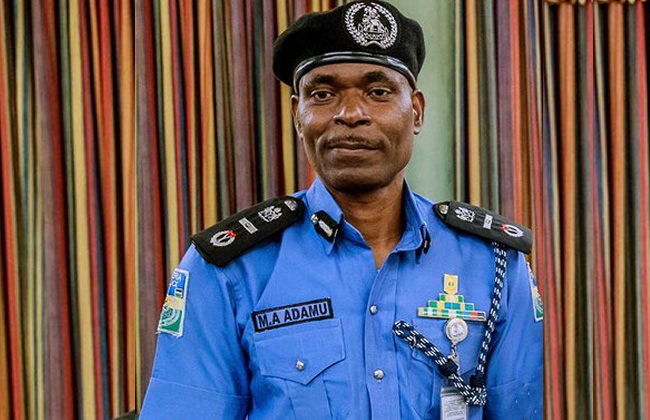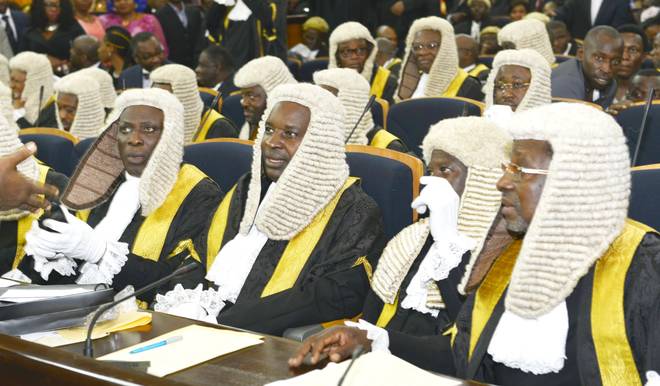*Says restriction is ‘unconstitutional’ Leading human rights group, Access to Justice (A2J) has berated the Nigeria Police for restricting protests to the Unity Fountain, Abuja. Describing the restriction as “unconstitutional,” A2J said it “amounts to an unwarranted interference with, and infringement of the fundamental rights of citizens to assemble peacefully and to express themselves as...


